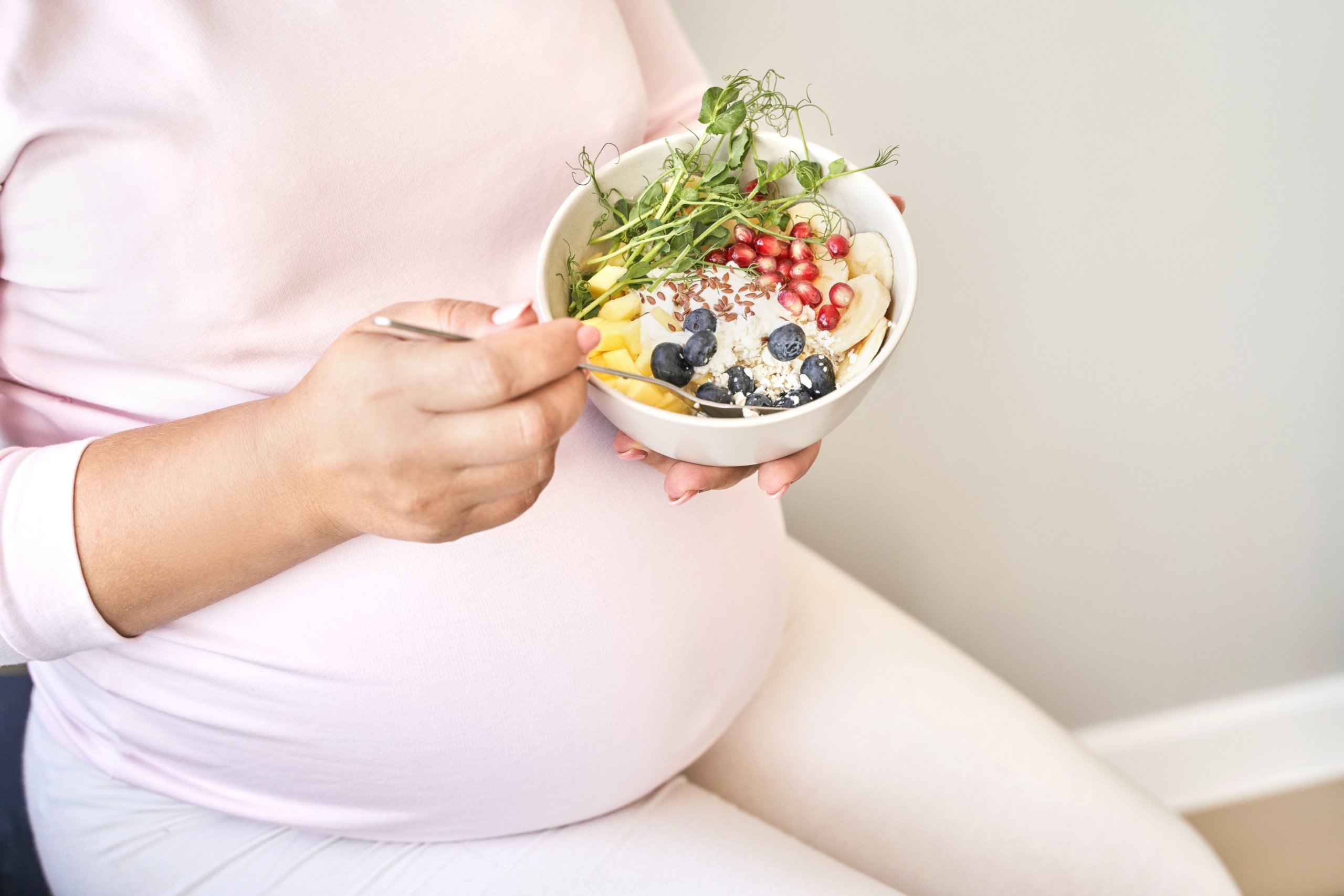Nourishing Two: Why Your Diet Matters Now More Than Ever
Pregnancy marks an incredible journey of growth and transformation—both for your little one and for your own body. As you navigate each trimester, your nutritional needs shift dramatically. What you eat today directly influences fetal development, energy levels, and long-term health outcomes for both of you.
According to the American College of Obstetricians and Gynecologists, balanced nutrition can reduce risks of anemia, gestational diabetes, and preterm birth—so it’s not just about “eating for two,” but eating wisely for two.
Yet with cravings, nausea, and an ever-changing appetite, maintaining a healthy diet can feel overwhelming. That’s why we’ve distilled expert advice into nine practical, science-backed tips to help you craft a pregnancy meal plan that nourishes, energizes, and reassures.
Ready to feel empowered at every bite? Let’s dive into the essentials that will fuel your journey from bump to baby—and beyond.
1. Prioritize Balanced Macronutrients
What it means: Every meal should include a healthy balance of protein, carbohydrates, and fats. Protein supports baby’s tissue and organ development, carbs provide sustained energy, and healthy fats—like avocados, nuts, and olive oil—aid brain development.
Real-world application: At breakfast, pair Greek yogurt (protein) with whole-grain toast (complex carbs) and a sprinkling of chia seeds (omega-3 fats). Lunch might be a quinoa salad tossed with chickpeas, colorful veggies, and a drizzle of extra-virgin olive oil.
Expert insight: “Aim for a palm-sized portion of protein, a cupped-hand of complex carbs, and a thumb-sized serving of healthy fats at each meal,” advises registered dietitian Laura Moreno.
2. Focus on Iron-Rich Foods
Iron demands surge in pregnancy to support increased blood volume. Insufficient iron can lead to fatigue—for you—and anemia for baby. Aim for 27 mg of iron daily.
Food sources: Lean red meat, poultry, fortified cereals, lentils, spinach, and pumpkin seeds all deliver bioavailable iron. Pair plant sources with vitamin C–rich foods (like bell peppers or citrus) to enhance absorption.
Case study: Sarah, 32 weeks pregnant, swapped her afternoon snack of chips for a handful of trail mix with dried apricots and almonds. Within two weeks, her hemoglobin rose by 1.2 g/dL—a vivid reminder of how small swaps yield big gains.
3. Boost Calcium and Vitamin D Intake
Calcium supports baby’s bone and tooth formation—and preserves your skeletal health. Aim for 1,000 mg daily; vegetarians should pair it with vitamin D (600 IU/day) to optimize absorption.
Snack ideas: A glass of milk or fortified plant-based milk, a slice of cheese, or a handful of roasted chickpeas keeps calcium levels on track. Soaking up short bursts of sunshine (10–15 minutes) helps your body synthesize vitamin D naturally.
Pro tip: If you struggle with dairy, try yogurt smoothies blended with kale and pineapple—calcium, vitamin C, and D in one refreshing sip.
4. Include Omega-3 Fatty Acids
Docosahexaenoic acid (DHA), an omega-3 fat, plays a crucial role in fetal brain and eye development. Studies link adequate DHA to higher visual acuity and cognitive outcomes in infants.
Best sources: Aim for 200–300 mg of DHA daily via fatty fish like salmon, trout, sardines, or algae-based supplements if you follow a plant-based diet.
Safety note: Limit high-mercury fish (shark, swordfish) and aim for 2–3 servings of low-mercury options per week. Consult your provider about supplement brands for purity assurances.
5. Embrace Fiber-Rich Foods
Constipation affects up to 50 percent of pregnant women. Dietary fiber—found in whole grains, fruits, vegetables, beans, and nuts—promotes healthy digestion and prevents uncomfortable bloating.
Practical application: Start your day with steel-cut oats topped with berries and ground flaxseed. At lunch, choose a whole-grain wrap stuffed with hummus and mixed greens. Snack on apple slices with almond butter or raw veggies with tzatziki.
Hydration tip: Pair fiber intake with 8–10 glasses of water daily to keep stool soft and transit smooth.
6. Stay Hydrated with Nutrient-Rich Fluids
Blood volume increases by nearly 50 percent in pregnancy—driving up your fluid needs. Aim for 10–12 cups of fluids daily to support circulation, amniotic fluid, and digestion.
Beyond water: Coconut water provides electrolytes; low-sodium broth delivers minerals; milk or fortified plant milks supply calcium; herbal teas (chamomile, ginger) can soothe nausea. Keep a reusable water bottle on hand for consistent sipping.
Aim to drink before you feel thirsty—by the time thirst hits, you’re already slightly dehydrated. Carry a straw for discreet hydration during errands or work calls.
7. Opt for Frequent, Smaller Meals
As your uterus expands, it crowds the stomach—often triggering heartburn and acid reflux. Rather than three large meals, aim for five to six smaller meals or snacks spaced evenly throughout the day.
Meal planning: Break your daily calories into 300–350 calorie portions. Pack balanced snack bags—cheese and whole-grain crackers, a banana with peanut butter, or a trail mix of nuts and dried fruit.
This approach stabilizes blood sugar, prevents energy dips, and keeps hunger pangs at bay—ideal for managing gestational diabetes or morning sickness.
8. Mind Your Supplements—But Don’t Overdo It
Prenatal vitamins fill nutritional gaps, but more isn’t always better. Stick to your provider’s recommendations—typically including folic acid (600 µg/day), iron (27 mg), calcium, vitamin D, and DHA.
Tip: If supplements upset your stomach, switch brands or take them at bedtime. A calcium/magnesium chew after dinner can soothe gastrointestinal discomfort.
Keep all supplements—and medications—locked away if you have children at home. Safety first!
9. Listen to Your Body’s Cravings and Cautions
Cravings can offer clues about what your body needs: a hankering for red meat might signal low iron; salty snacks could reflect electrolyte needs. Honor moderate cravings by choosing healthy versions—air-popped popcorn instead of chips, or a lean beef stir-fry over burgers.
Conversely, if certain foods trigger nausea or heartburn, pivot to gentler options—bland whole-grain toast, plain rice, or a peeled apple. Trust yourself: you know what feels best in the moment.
Example: When morning sickness struck, Emily found relief sipping ginger-infused mineral water and nibbling on frozen grapes—hydrating, nutrient-dense, and soothing on queasy days.
Actionable Takeaways
- Plan ahead: Prep healthy snacks and meals on weekends to streamline busy weekdays.
- Mix it up: Rotate protein, carb, and produce sources to ensure a diverse nutrient profile.
- Track progress: Use a nutrition app or journal to identify patterns—what boosts energy versus what triggers discomfort.
- Build your support team: Enlist your partner, friend, or a registered dietitian to keep you motivated and on track.
Frequently Asked Questions
Q: Can I still enjoy sweets during pregnancy?
Yes—moderation is key. Choose desserts that also offer nutrients, like Greek yogurt parfaits with honey and berries, or dark chocolate squares instead of candy bars. Satisfying cravings mindfully prevents overindulgence and blood sugar spikes.
Q: What if I experience severe morning sickness?
Split your meals into very small, frequent portions (even 5–6 bites every hour). Ginger candies, lemon water, and cold foods often feel more tolerable than hot dishes. Consult your provider if you’re unable to keep down fluids or nutrients.
Q: Is caffeine off-limits?
Moderate caffeine (up to 200 mg/day, about one 12-oz cup of coffee) is generally considered safe. Monitor how your body reacts—some women find coffee worsens heartburn. Herbal teas (avoid those high in tannins) or decaf options can offer a comforting alternative.
Conclusion & Next Steps
Your pregnancy diet is a powerful tool to support both your wellbeing and your baby’s development. By integrating these nine tips—balanced macros, key micronutrients, hydration, and mindful eating—you’ll build a foundation for a healthier, more energized journey.
Ready to nourish your way to a vibrant pregnancy? Share your favorite healthy snack hacks or questions in the comments below. Together, let’s make every meal a step toward optimal pregnancy health!



